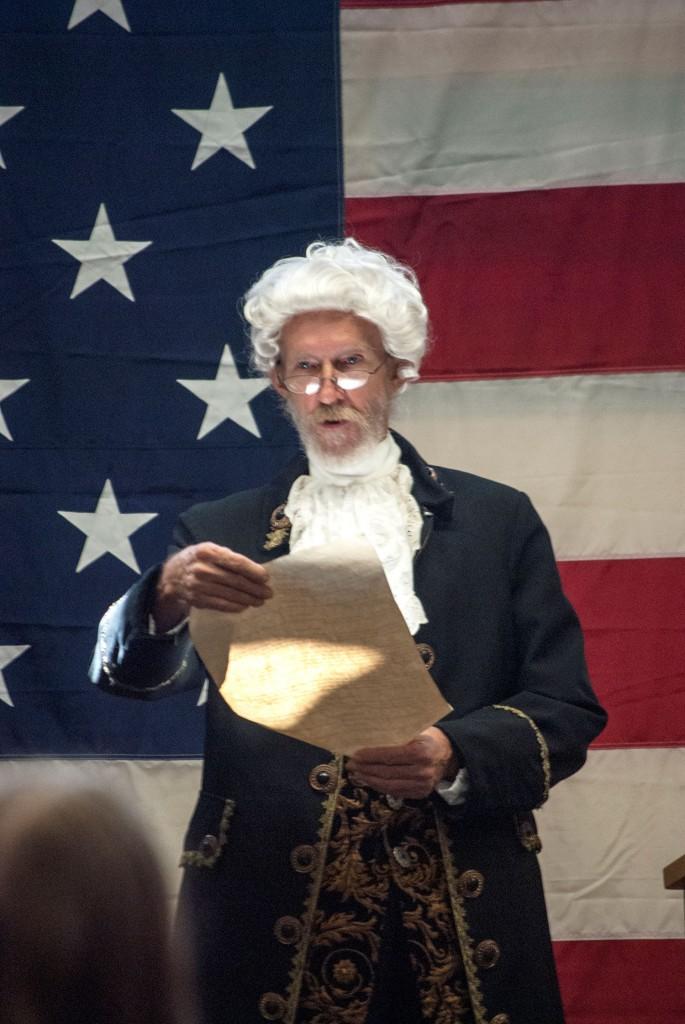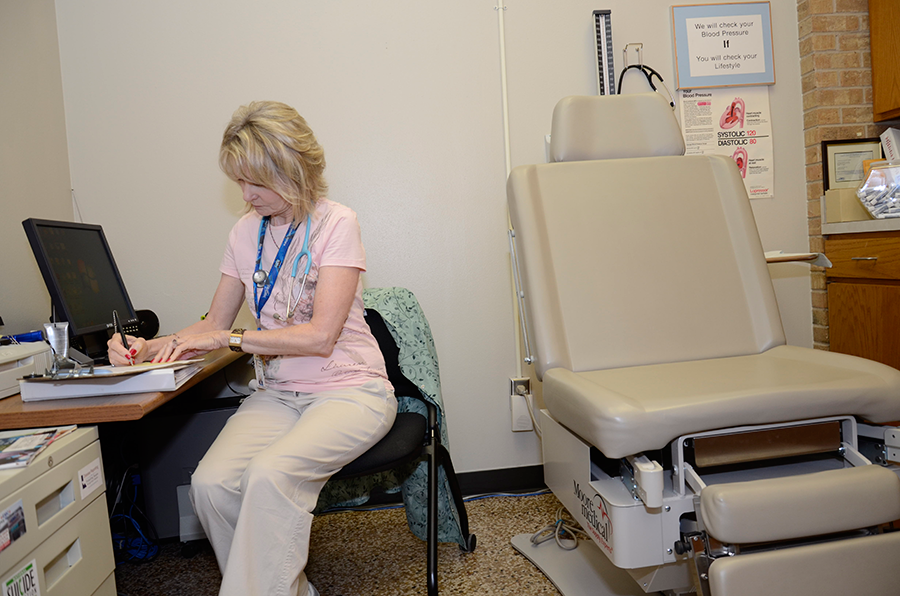Talking to Professors isn’t that scary after all, TR Campus students were told Sept. 18.
Four TR faculty members – Chad Wooley, Mary French, Meryl Cope and Alicia Lupinacci – drew on their experience, giving tips on how and why to make connections with teachers.
“If you want a really good advantage,” said Wooley, a history instructor, “know your syllabus and calendar and check your gradebook every week. If you’re worried about not passing the class, do not wait until two weeks before the semester is over to ask a teacher what can be done. It’s better to introduce yourself to your professor at the beginning of the semester and express your concerns as they arise.”
French, associate professor of English, advised students to be proactive. She suggested that instead of going to a professor and saying, “I don’t understand,” students should try saying, “I’m having some problems. What resources can I use?”
French said most faculty have as their goal “to get students where they don’t need to have training wheels on but can depend on themselves.”
“Professors can’t always remember who you are,” said economics instructor Cope. “Address your professor professionally. State what class you are in to re-jog our memory and type out what it is you’re contacting the professor about.”
Lupinacci, a professor of marketing and management, suggested students learn a faculty member’s office hours and even call to make an appointment.
“We can help you after graduation, writing reference letters and developing your resumes,” she said. “After all, we want to help you and are excited to see you succeed.”
One attendee, Cindy Aidoghie, said after the presentation that she felt the direct approach and getting over initial fears of speaking with professors is what helped most.
“I had no fears. I had no idea what was going on. I just felt overwhelmed,” Aidoghie said about starting her own college experience. “Learning is our open form of communication, and we need to engage ourselves and our professors to form our concepts.”
—Elyssa Whaley




























